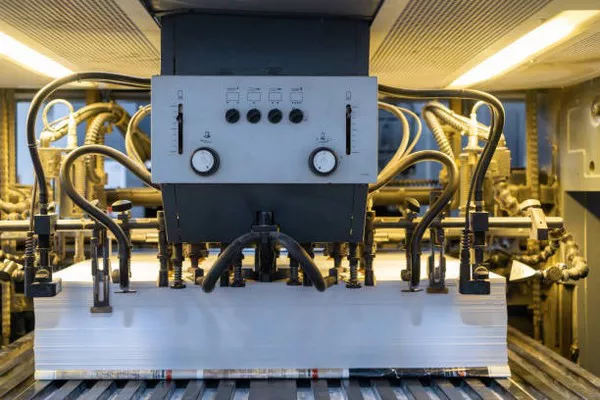Generators play a crucial role in providing reliable power during unexpected outages or in areas without a stable electrical supply. One common question that arises among users is, “How long will a generator run?” The answer to this question depends on various factors, ranging from the generator’s capacity and fuel type to maintenance practices and load management.
Generator Capacity:
The capacity of a generator, measured in kilowatts (kW) or kilovolt-amperes (kVA), is a fundamental factor influencing how long it can run. Larger generators generally have larger fuel tanks and can produce more power for an extended period. Smaller portable generators, on the other hand, may have limited fuel capacity and may only sustain power for a few hours.
When choosing a generator, it’s crucial to consider your specific power needs. A generator with higher capacity can support more appliances and devices simultaneously but may consume fuel at a faster rate. Assessing your power requirements accurately is the first step in determining the runtime of your generator.
Fuel Type and Efficiency:
The type of fuel a generator uses also plays a significant role in determining its runtime. Common fuels for generators include gasoline, diesel, propane, and natural gas. Each fuel type has its advantages and disadvantages, affecting both the efficiency and longevity of the generator.
Gasoline-powered generators are widely available and generally less expensive, but they tend to have a shorter runtime compared to diesel generators. Diesel generators are known for their fuel efficiency and can run for more extended periods on the same amount of fuel. Propane and natural gas generators are cleaner-burning options, but their runtime is often limited by the size of the fuel storage or supply.
Fuel efficiency is a crucial consideration. Generators that operate more efficiently can make better use of the available fuel, extending their runtime. Regular maintenance, such as cleaning air filters and tuning the engine, can help optimize fuel efficiency and ensure the generator runs smoothly.
Fuel Tank Capacity:
The size of the generator’s fuel tank is directly linked to its runtime. A larger fuel tank allows the generator to store more fuel, thereby running for a more extended period without the need for refueling. It’s essential to check the fuel tank capacity when purchasing a generator, as this information will directly impact its usability during prolonged power outages.
Additionally, some generators come equipped with features such as fuel gauges and low-fuel shutdown mechanisms. These features can provide real-time information about the fuel level and help prevent the generator from running out of fuel unexpectedly.
Load Management:
The load placed on a generator significantly influences its runtime. Generators are rated for specific loads, and exceeding these limits can lead to increased fuel consumption and wear on the generator components. To maximize runtime, users should prioritize essential appliances and devices and avoid overloading the generator.
Load shedding or rotating power usage during an outage can help distribute the power demand more evenly, allowing the generator to operate efficiently and extend its runtime. Automatic transfer switches (ATS) can also be employed to manage the load seamlessly by switching between utility power and generator power based on the demand.
Maintenance Practices:
Regular maintenance is critical to ensuring the longevity and optimal performance of a generator. Neglecting maintenance can lead to decreased fuel efficiency, increased wear and tear, and potential breakdowns that may shorten the generator’s overall lifespan.
Routine tasks such as oil changes, air filter replacements, and spark plug inspections should be performed according to the manufacturer’s guidelines. Keeping the generator clean and stored in a well-ventilated area can prevent overheating and ensure proper airflow, contributing to longer runtimes.
Environmental Factors:
Environmental conditions play a role in determining how long a generator will run. Extreme temperatures, high humidity, and altitude can impact the efficiency of the generator and the combustion of fuel. It’s important to consider the operating environment and choose a generator that can withstand the specific conditions of your location.
Cold weather, for instance, can affect the starting capability of some generators. In such cases, engine block heaters or cold weather kits may be recommended to improve cold weather performance. Understanding the environmental factors that may impact the generator’s operation allows users to make informed decisions and take necessary precautions.
See Also: Does A Generator Need To Be Grounded?
Conclusion:
In conclusion, the runtime of a generator is influenced by a combination of factors, each playing a crucial role in determining its performance during power outages. From the generator’s capacity and fuel type to maintenance practices and load management, a comprehensive understanding of these factors is essential for users seeking reliable and extended power supply.
When selecting a generator, it’s important to assess your specific power needs, choose an appropriate fuel type, and consider the generator’s capacity and efficiency. Implementing proper maintenance practices and load management techniques will contribute to a longer generator runtime, ensuring that it reliably provides power when needed most. By addressing these factors thoughtfully, users can make informed decisions and maximize the benefits of their generators in various situations.

